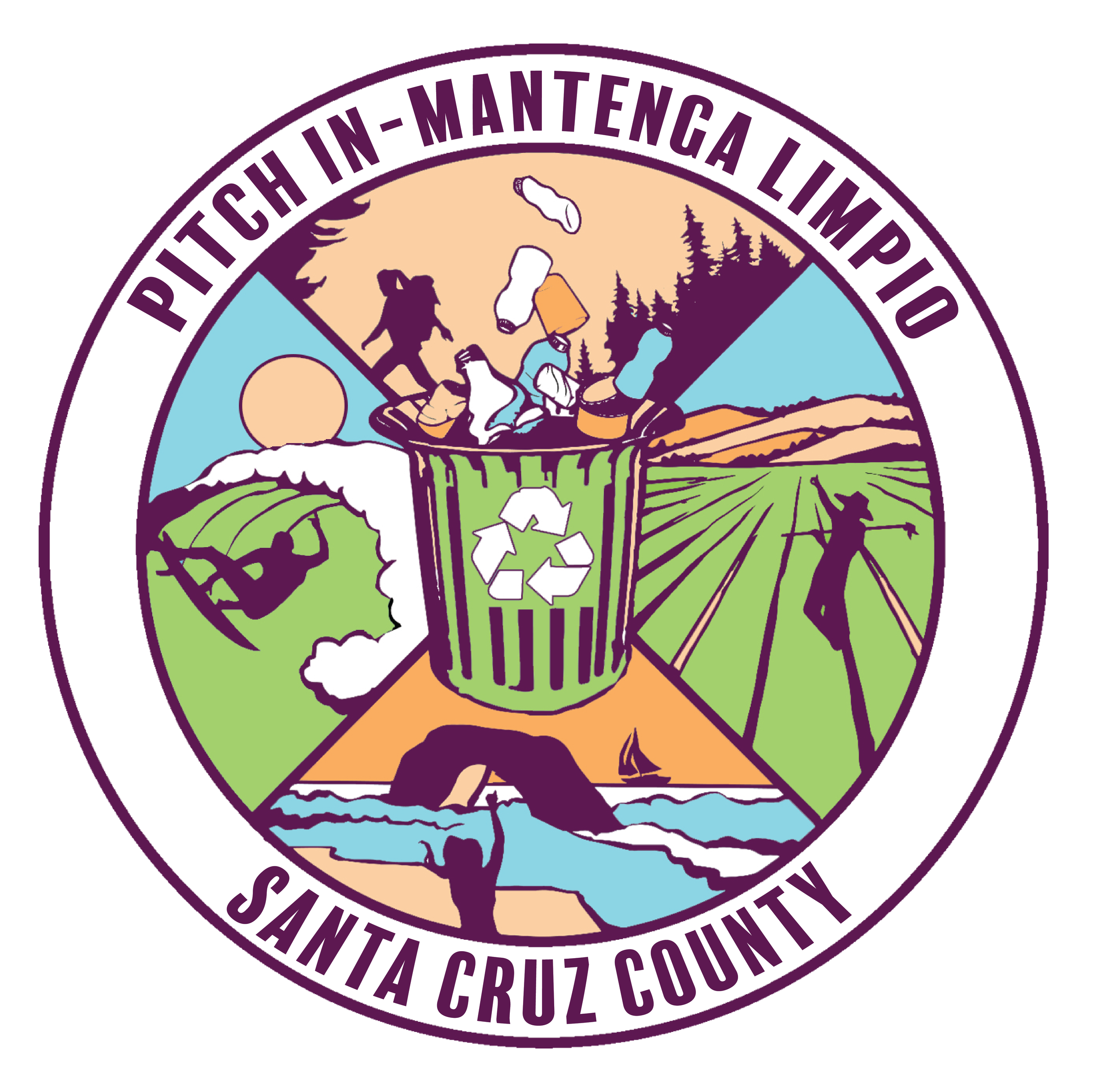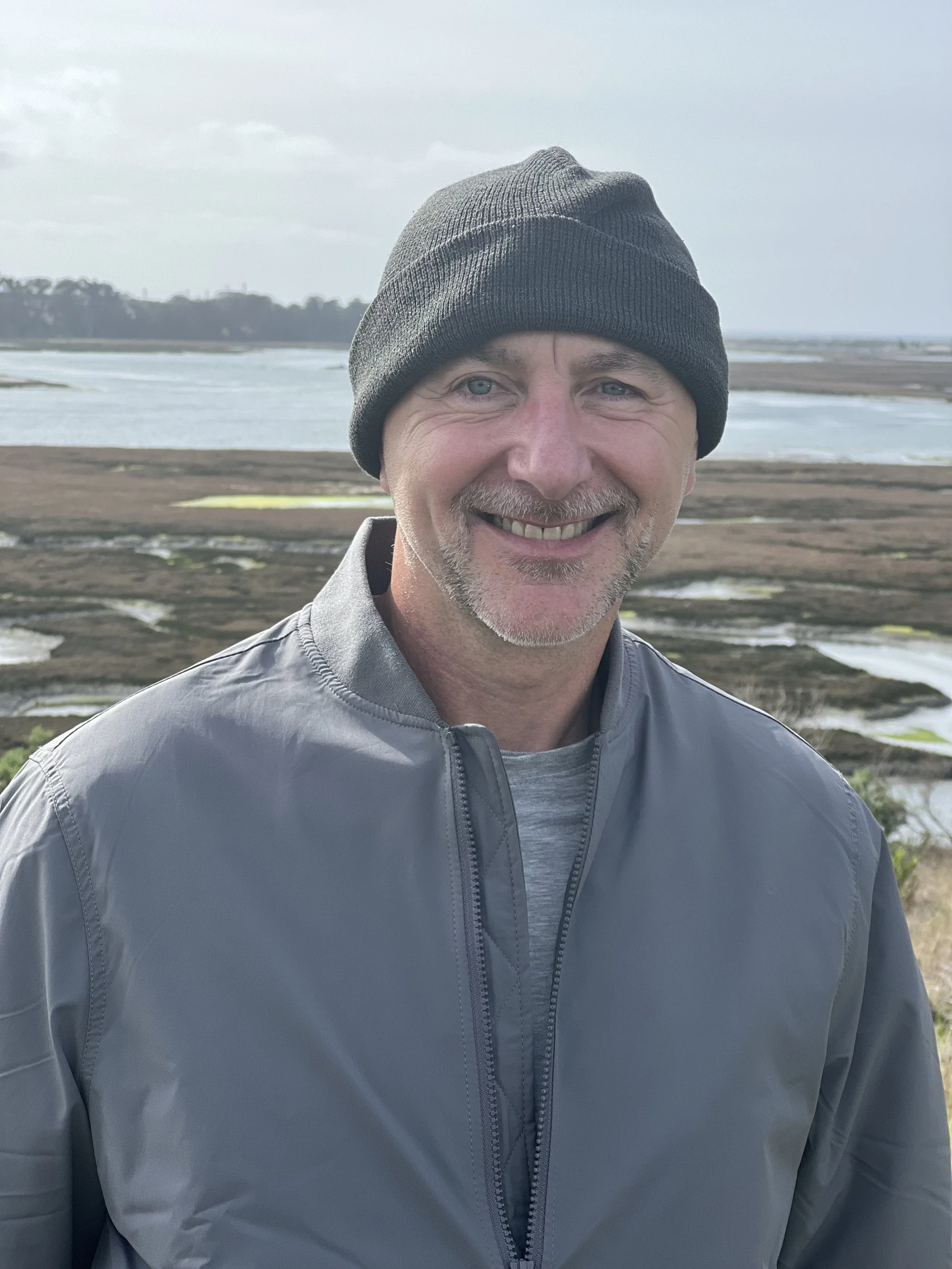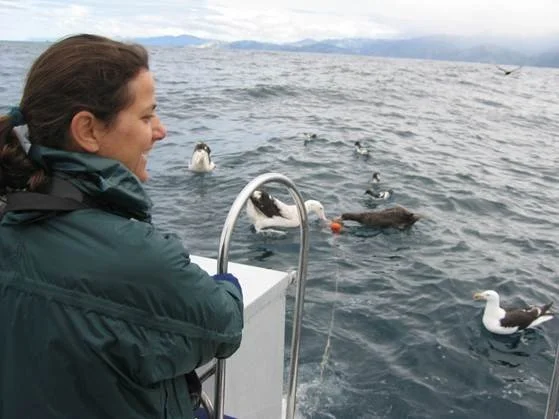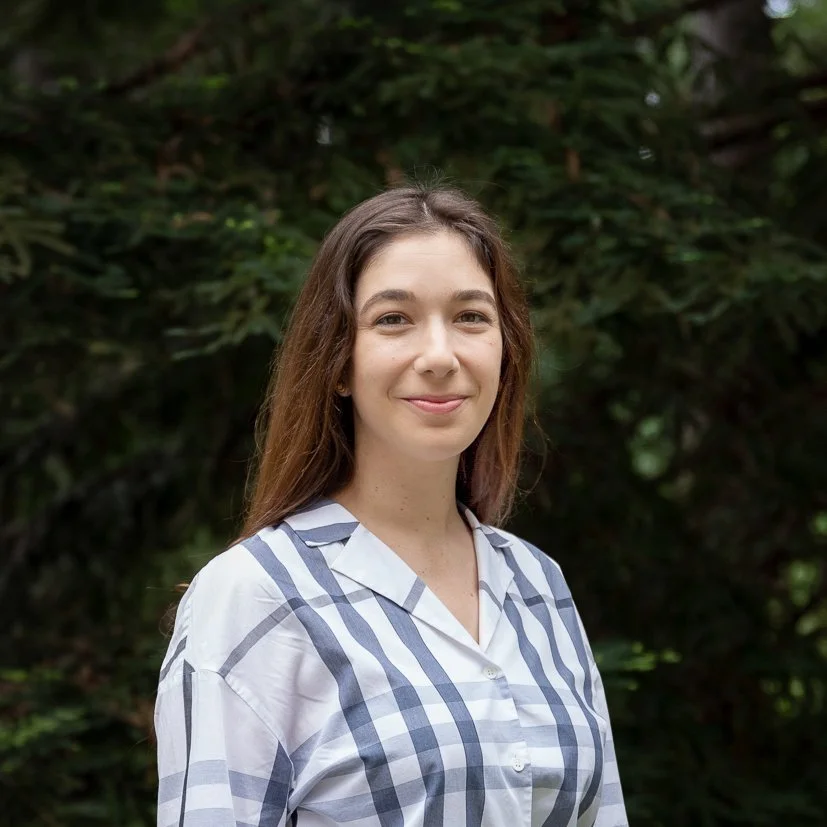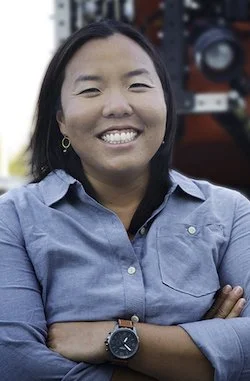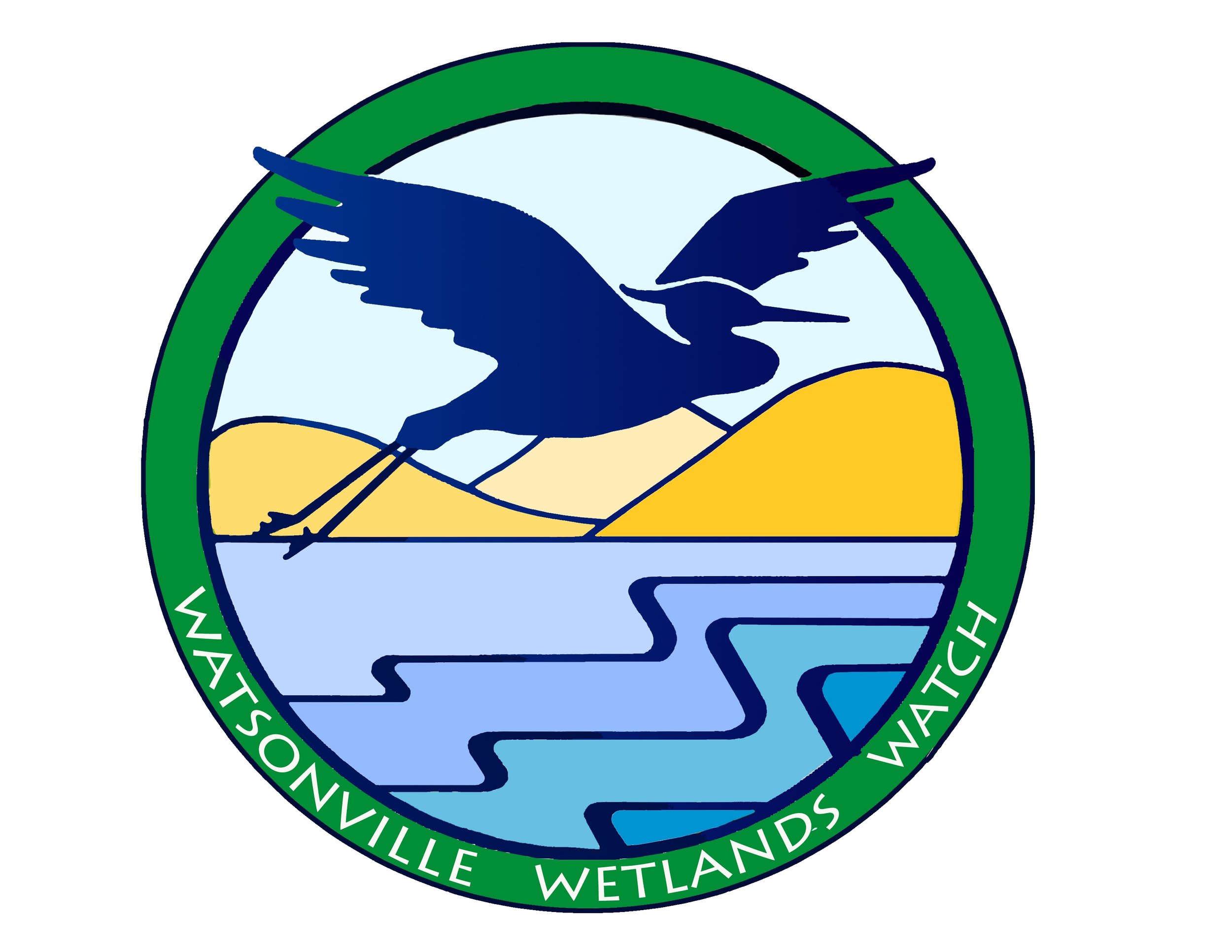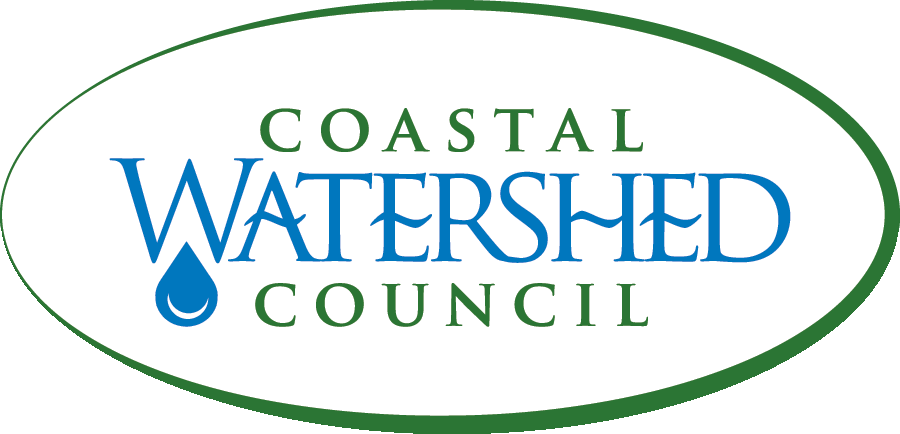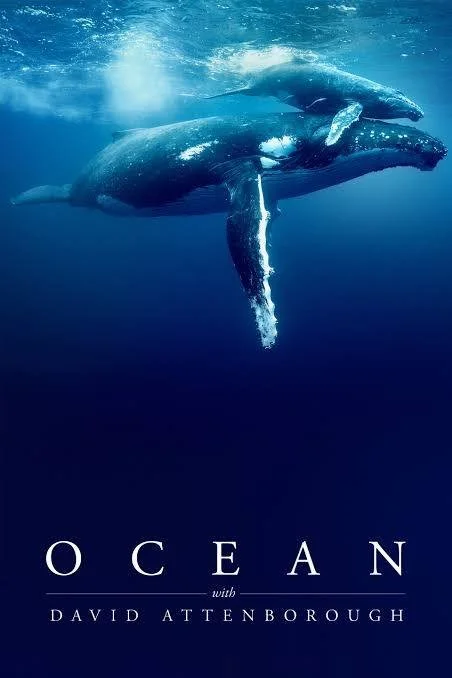AGENDA
2:00 Welcome, Sally-Christine Rodgers
2:05 Pitch In Initiative Collaboration With Local Non-Profits
2:15 Panel Discussion “Litter & the Ocean: Impacts and Action in Monterey Bay” moderated by the Honorable Mayor of Santa Cruz, Fred Keeley
3:00 Screening of “OCEAN WITH DAVID ATTENBOROUGH”
MEET OUR PANELIST
Dr. Ivano Aiello is a marine geologist and deep-sea sedimentologist whose work bridges the worlds of ocean science and environmental stewardship. At San José State University and Moss Landing Marine Laboratories, he applies sedimentology to understand how human activity shapes both deep ocean and coastal environments. His research brings to light how pollutants tell the story of ecosystem health in a changing world.
Research Highlights
Microplastics in Marsh Sediments: His team has discovered alarming concentrations of microplastics in restored wetlands. These fibers and fragments, often from agricultural plastics, travel with natural sedimentary particles across habitats, infiltrating food webs and altering sediment chemistry.
Battery Fire Fallout: Following the Moss Landing battery fire in January 2025, Aiello and his team documented several-fold increase in soil concentrations of battery-derived metals (nickel, cobalt, and manganese) relative to pre-fire baseline levels in Elkhorn Slough wetlands, this study provides the first evidence of toxic metal fallout caused by a fire at one of the world’s largest battery energy storage systems. His findings point to an urgent need for baseline environmental monitoring before future energy storage projects break ground.
Dr. Aiello’s research reveals a powerful truth: wetlands are both protective and profoundly vulnerable. His message to the public is clear, individual choices, from reducing plastic use to supporting responsible agriculture and local restoration efforts, have ripple effects across entire ecosystems. Through civic advocacy and science-based policy, communities can help ensure that the very environments protecting us remain protected in turn.
Marine Geologist & Sedimentologist, San José State University / Moss Landing Marine Laboratories
Dr. Ivano Aiello
Dr. Myra Finkelstein
Environmental Toxicologist & Adjunct Professor, University of California, Santa Cruz
Dr. Myra Finkelstein is an environmental toxicologist with over 25 years of experience working on issues related to contaminant exposure in wildlife and has a proven record of generating solid scientific evidence that results in a tangible benefit to wildlife health. For example, Dr Finkelstein’s research showed unequivocally that Laysan albatross chicks were severely lead-poisoned from ingesting lead-based paint and that this lead poisoning was contributing to population declines, prompting the remediation of lead-based paint on Midway Atoll.
Additionally, Dr. Finkelstein and her colleagues identified lead-based ammunition as the principal source of lead poisoning in California condors and lead poisoning as the primary impediment to condor recovery - information that was instrumental in the passage of California AB711, the first state-wide law in the nation to ban the use of lead-based ammunition for hunting.
Dr. Finkelstein has recently examined the health effects of plastic ingestion in seabirds to better understand the consequences of plastic pollution on marine wildlife.
Dr. Finkelstein is an Adjunct Professor in the Microbiology and Environmental Toxicology Department and her current research focuses on generating data that can inform conservation-based solutions. She started the field of ‘Conservation Toxicology’, that uses the tools of conservation biology and environmental toxicology to help at-risk species by 1) identifying problems, 2) quantifying impacts and 3) promoting solutions.
Dr. Alexa Fredston is a quantitative ecologist and an Assistant Professor of Ocean Sciences at UCSC, where she builds computer models to forecast human impacts on marine biodiversity. She has discovered that bottom-dwelling fish are surprisingly resilient to marine heatwaves and championed “open science” practices to make research more transparent.
Dr. Fredston graduated summa cum laude from Princeton University with a degree in Ecology and Evolutionary Biology and holds a PhD from UC Santa Barbara in Environmental Science and Management. She has over a decade of experience working on fisheries management and marine conservation in the U.S., including for the Environmental Defense Fund.
Dr. Fredston now leads a group of enthusiastic computer programmers who use big datasets about ocean life and cutting-edge data science and statistics methods to gain new insights into marine ecosystems. You can donate to Dr. Fredston’s research program here.
Quantitative Ecologist & Assistant Professor of Ocean Sciences, University of California, Santa Cruz
Dr. Alexa Fredston
Dr. Anela Choy
Associate Professor, Scripps Institution of Oceanography, University of California San Diego
Dr. Anela Choy is a seagoing biological oceanographer and deep-sea biologist whose research reveals the hidden connections between the open ocean, the deep sea, and human society. As an Associate Professor at the Scripps Institution of Oceanography, her team’s work focuses on the food web ecology of animals in the water column, exploring who eats whom in Earth’s largest and least understood habitat. By studying animal diets and tracking the movement of pollutants like plastics and metals through marine ecosystems, Dr. Choy uncovers how human activity reaches the ocean depths.
Her research has shown that deep-sea food webs are remarkably intricate and dynamic, weaving connections from surface waters to the deepest ocean layers. Using nearly three decades of Remotely Operated Vehicle (ROV) dive data from the Monterey Bay Aquarium Research Institute (MBARI), her team mapped out how deep-sea animals are connected across vast vertical distances. Dr. Choy also made the groundbreaking discovery that microplastic concentrations peak hundreds of feet below the ocean surface, not at the top — demonstrating that these human-made particles are consumed by open-ocean species and ultimately entering global seafood supply chains. Her ongoing studies reveal that roughly one-third of large deep-sea fishes contain visible plastics in their stomachs, often recognizable items from humans.
Dr. Choy’s message is clear: the deep sea is not as distant as it seems. The choices we make on land, what we buy, consume, and discard, leave measurable fingerprints on ocean life thousands of feet below. By understanding these hidden connections, her work urges us to rethink our relationship with the ocean and to protect the vast, interconnected systems that sustain life on Earth.
A special thank you our moderator:
HONORABLE MAYOR OF SANTA CRUZ, FRED KEELEY
Fred Keeley is a longtime California public servant whose career has spanned local government, the State Assembly, and environmental leadership. Raised in San Jose and educated at San Jose State University, Keeley began his public service as a policy aide and county supervisor before being elected to the California State Assembly in 1996. As Speaker pro Tempore, he helped guide the state through the 2000–2001 energy crisis and championed landmark conservation measures, authoring Propositions 12 and 40, which secured billions for parks, clean water, and habitat protection across California.
After leaving the Assembly, Keeley was appointed Santa Cruz County Treasurer, and in 2023 was elected Mayor of Santa Cruz. In each role, he has focused on fiscal responsibility, transparency, and environmental stewardship. Keeley has also taught political science, endowed the Fred Keeley Lectures on the Environment at UC Santa Cruz, and served on numerous nonprofit boards. Known for his pragmatic, collaborative approach, Keeley’s career reflects a lifelong commitment to effective governance, sustainable policy, and service to the people of California.
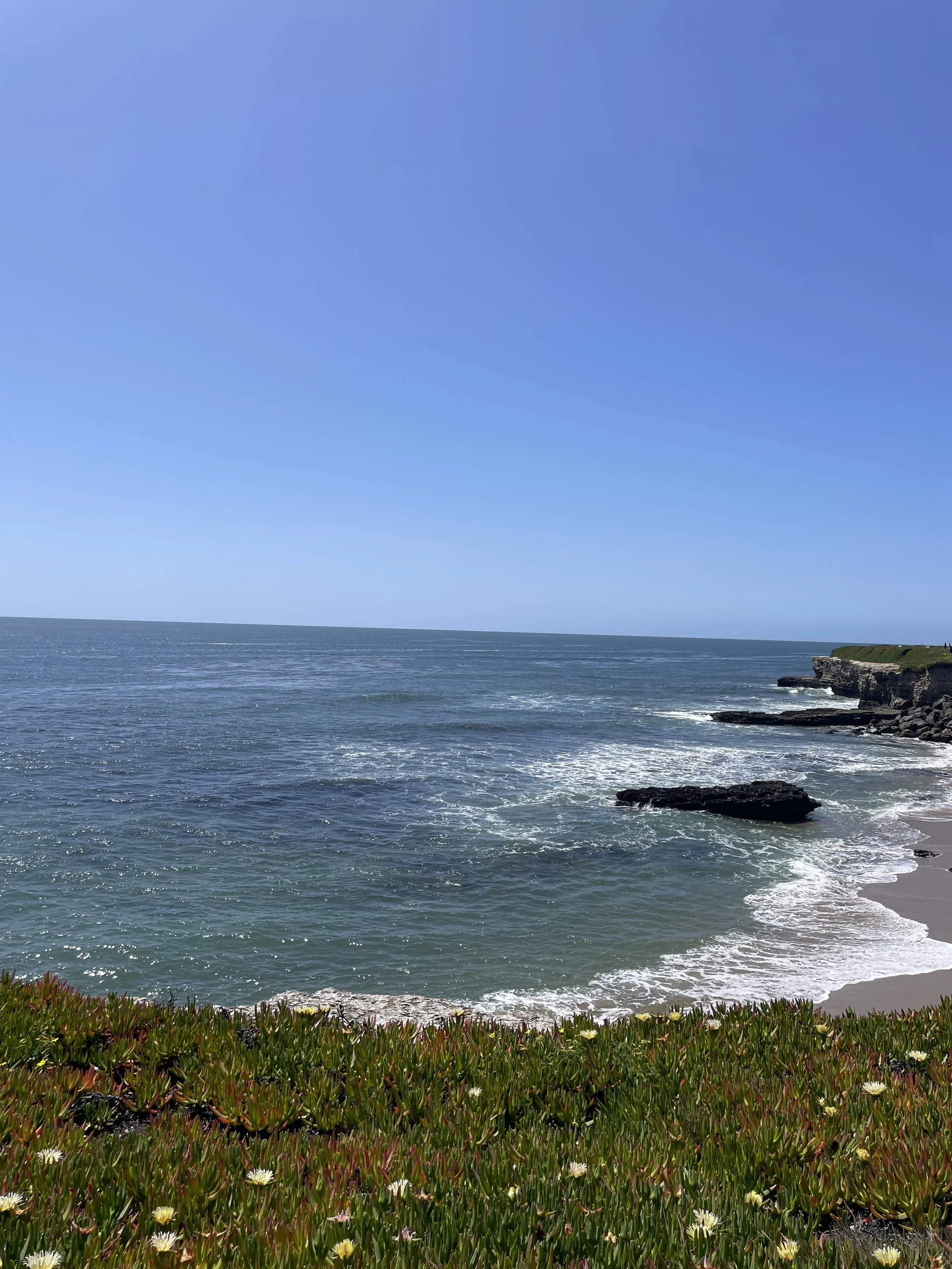
Litter is a human health issue, harms wildlife and is an environmental hazard that adversely affects our agricultural sector, our businesses, washes into our watersheds and ultimately ends up in our National Marine Sanctuary. The Pitch In Initiative, created by the Trash Talkers, a coalition of agencies, is a community-based effort to end the behavior of littering and illegal dumping in Santa Cruz County.
Make Santa Cruz the Cleanest County in the State
MEET THE LOCAL ORGANIZATIONS PITCHING IN AND MAKING A DIFFERENCE IN OUR LOCAL COMMUNITY
Click on each logo to visit their website!
After seven decades filming every aspect of the natural world, Attenborough delivers his greatest message of hope in a spectacular new film, Ocean with David Attenborough. Through spectacular sequences of coral reefs, kelp forests and the open ocean, Attenborough shares why a healthy ocean keeps the entire planet stable and flourishing.
Ocean with David Attenborough is the prominent environmentalist’s first-ever collaboration with National Geographic.
Ocean with David Attenborough is a Silverback Films and Open Planet Studios co-production, in association with All3Media International, National Geographic, and Minderoo Pictures. The film is directed by Toby Nowlan, Keith Scholey and Colin Butfield and produced by Nowlan. It is co-produced by Arksen & 10% for the Ocean, Don Quixote Foundation, National Geographic Society and Pristine Seas, Revive Our Ocean, and The Prince Albert II of Monaco Foundation.
THANK YOU FOR PARTICIPATING IN TODAY’S EVENT! WE HOPE YOU ENJOYED THE PROGRAM.
PITCH IN TO END LITTER AND ILLEGAL DUMPING
MAKE SANTA CRUZ THE CLEANEST COUNTY IN THE STATE

